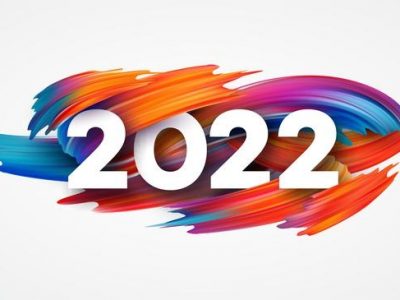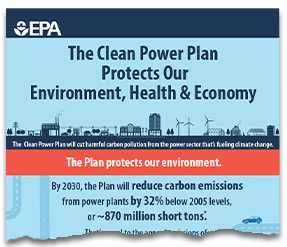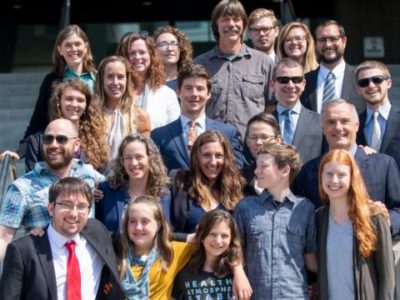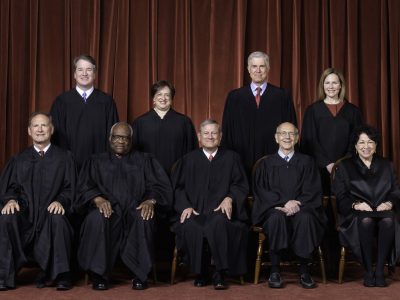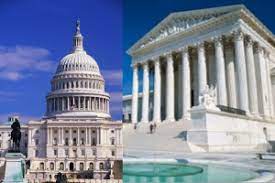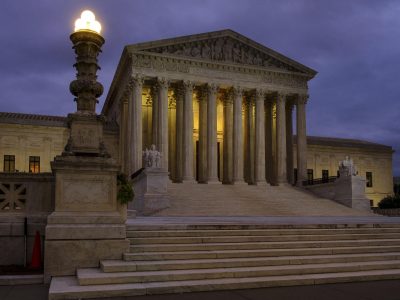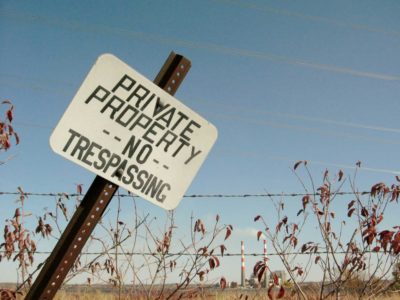U.S. Supreme Court
2022: The Year Ahead
Here are the five biggest things to watch for.
There will be a lot going on this year in the environmental sphere. I wanted to focus on a few big things to keep an eye on, rather than trying to give a long, comprehensive survey. Here are the five biggest things to watch for: Midterm elections. As of now, things are looking very good …
Continue reading “2022: The Year Ahead”
CONTINUE READINGIt’s Time to Repeal the Clean Power Plan
The CPP no longer serves any useful purpose, and keeping it on the books invites mischief by the Supreme Court.
The Clean Power Plan (CPP) was the Obama Administration’s signature climate effort. This 2015 regulation aimed to move state power grids away from coal and toward renewable energy. It immediately became ensnared in litigation and never went into effect. It’s now considered irrelevant for all practical purposes. Yet the Supreme Court is now set to …
Continue reading “It’s Time to Repeal the Clean Power Plan”
CONTINUE READINGFive Reasons Why Juliana Stumbled
The legal deck was stacked against the “children’s lawsuit.”
Juliana has been a valiant effort by a group of young people to force the federal government to plan for stringent reductions in U.S. carbon emissions. As I wrote in a previous post, several well-regarded foreign courts have upheld claims that are similar in concept to the Juliana case. The U.S. legal system, however, provided …
Continue reading “Five Reasons Why Juliana Stumbled”
CONTINUE READINGMajor Questions About the Major Questions Doctrine
You may not have heard of this doctrine but it’s a big threat to innovative regulations.
Unless you’re deeply immersed in administrative law, you may not have heard of the major questions doctrine. It’s a legal theory that conservative judges have used with increasing rigor to block important regulatory initiatives. The doctrine places special obstacles on agency regulations of issues of “major economic and political significance.” In its initial outing, the …
Continue reading “Major Questions About the Major Questions Doctrine”
CONTINUE READINGA Bad Week for Biden, and for Climate Action
First House progressives, and next conservative Justices, poked a stick in the spokes.
President Biden hoped to go to the international climate summit in Glasgow with momentum behind him. He wanted to reestablish US credibility with concrete progress on climate change. Instead, the ability of the US to take action on climate change is shrouded in doubt. Biden suffered an embarrassing defeat at the hands of members of …
Continue reading “A Bad Week for Biden, and for Climate Action”
CONTINUE READINGIs the ‘Vaccine Mandate’ Legal?
Despite all the political huffing and puffing, Biden’s order has a solid legal basis.
Incensed critics are calling Biden’s proposed “vaccine mandate” an outrageous usurpation of power. They need to take a deep breath. It’s not really a vaccine mandate, the only statutory issue is procedural, and there’s no constitutional problem. Calling Biden’s order a vaccine mandate is misleading. It could just as well be considered a testing mandate …
Continue reading “Is the ‘Vaccine Mandate’ Legal?”
CONTINUE READINGAnother Worrisome Signal from the Supreme Court
Phrases that should frighten environmentalists: “Shadow docket ” “Major questions doctrine”
Last Thursday, the Supreme Court struck down the CDC eviction moratorium in the Alabama Association of Realtors case. The case may seem far removed from environmental law, but it has some troubling implications for future EPA regulatory initiatives. The process used by the Supreme Court to intervene is as significant as the ruling itself. This …
Continue reading “Another Worrisome Signal from the Supreme Court”
CONTINUE READINGEnvironmentalism and the Supreme Court
Some cases belong to the environmentalist legal canon, others to an anti-canon of reviled precedents.
Every field has its texts that form part of its intellectual canon, and others that form a kind of anti-canon of rejected ideas. The same is true in environmental law. The issue goes beyond which side wins. From the pro-environmental side of things, some Supreme Court rulings form guideposts to rely on, whereas others represent …
Continue reading “Environmentalism and the Supreme Court”
CONTINUE READINGSupervillains of the Enviro-Verse
🏴☠️ For your amusement: a rogues gallery of anti-Green villainy. 🏴☠️
Movements are defined as much by who and what they oppose as what they favor. To understand environmentalism, you have to know how it defines its opponents. Reality, of course, is always nuanced, but nuance isn’t much fun. Although I was originally going to provide a more serious treatment, I decided instead to have a …
Continue reading “Supervillains of the Enviro-Verse”
CONTINUE READINGThe Illusions of Takings Law
Nothing is as it seems, when the issue is whether a regulation is a “taking” of property.
For the last century, the Supreme Court has tried to operationalize the idea that a government regulation can be so burdensome that it amounts to a seizure of property. In the process, it has created a house of mirrors, a maze in which nothing is as it seems. Rules that appear crisp and clear turn …
Continue reading “The Illusions of Takings Law”
CONTINUE READING



